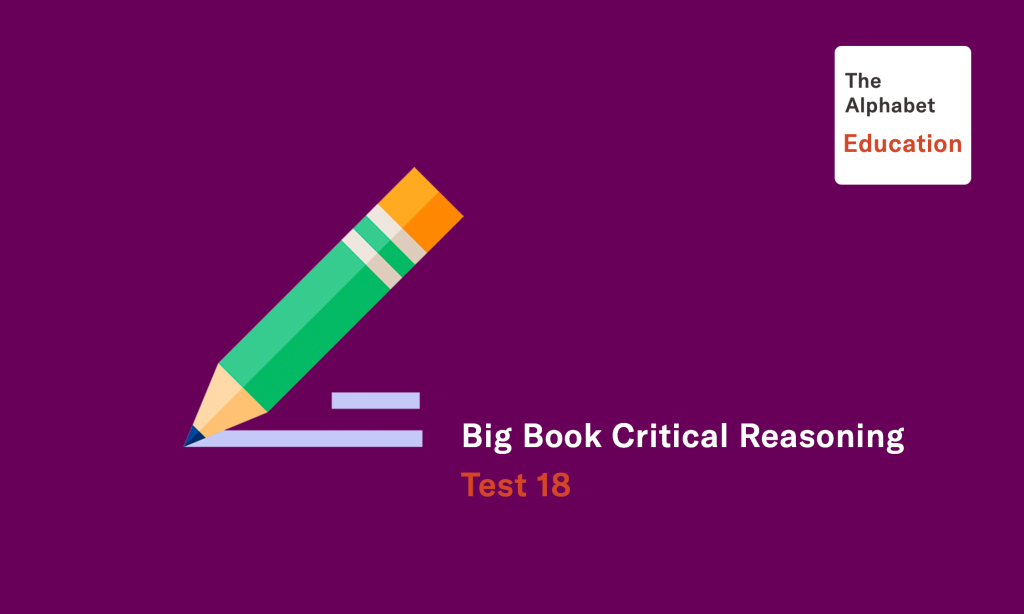GRE Critical Reasoning
Critical Reasoning questions test the ability to understand, analyze, and evaluate arguments. Some of the abilities tested by specific questions include identifying the roles played by specific phrases or sentences in an argument, recognizing the point of an argument, recognizing assumptions on which an argument is based" drawing conclusions and forming hypotheses, identifying methods of argumentation, evaluating arguments and counter-arguments, and analyzing evidence.
Each of the Critical Reasoning questions is based on a short argument, a set of statements, or a plan of action. For each question, select the best answer of the choices given.
Experienced pilots often have more trouble than novice pilots in learning to fly the newly developed ultralight airplanes. Being accustomed to heavier aircraft, experienced piJots, when flying ultralight craft, seem not to respect the wind as much as they should.
#1
One of the truisms of the advertising industry is that it is rarely necessary to say something of substance in an advertisement in order to boost sales. Instead, one only needs to attract the potential customer’s attention; memory does the rest, for it is more important for sales that people know of a product than that they know something about it.
#2
Spiritualism, the doctrine that it is possible to communicate with the spirits of the deceased through specially talented persons called mediums, is fraudulent. As long ago as the J870’s, Professor Edwin Lankester showed that the purported “spirit writing” of the famed medium Henry Slade was present on a slate before the “spirits” were supposed to have begun writing on it. This example demonstrates that the doctrine of spiritualism is worthless.
#3
Some would have you believe that the economic problems of Western Europe have been caused by the Organization of Petroleum Exporting Countries (OPEC) oil cartel. This is nonsense. After all, Great Britain is not dependent on OPEC oil and yet Great Britain suffers from the same economic problems that afflict France and West Germany.
#4
The once widely held perception of intellectuals as the clarifiers of fundamental moral issues is no longer valid today. Intellectuals no longer act as advocates for oppressed groups. Instead of applying their insights and analyses to the problems of these groups, they leave the debate to the politicians.
#5
The state with the greatest fraction of its population in urban areas, if the urban areas are considered to include the suburbs, is California. The West is highly urbanized, but California is exceptional even in that region: 91 percent of its population lives in urban areas. Geographically, however, California is rural: 96 percent of its land is outside urban areas.



